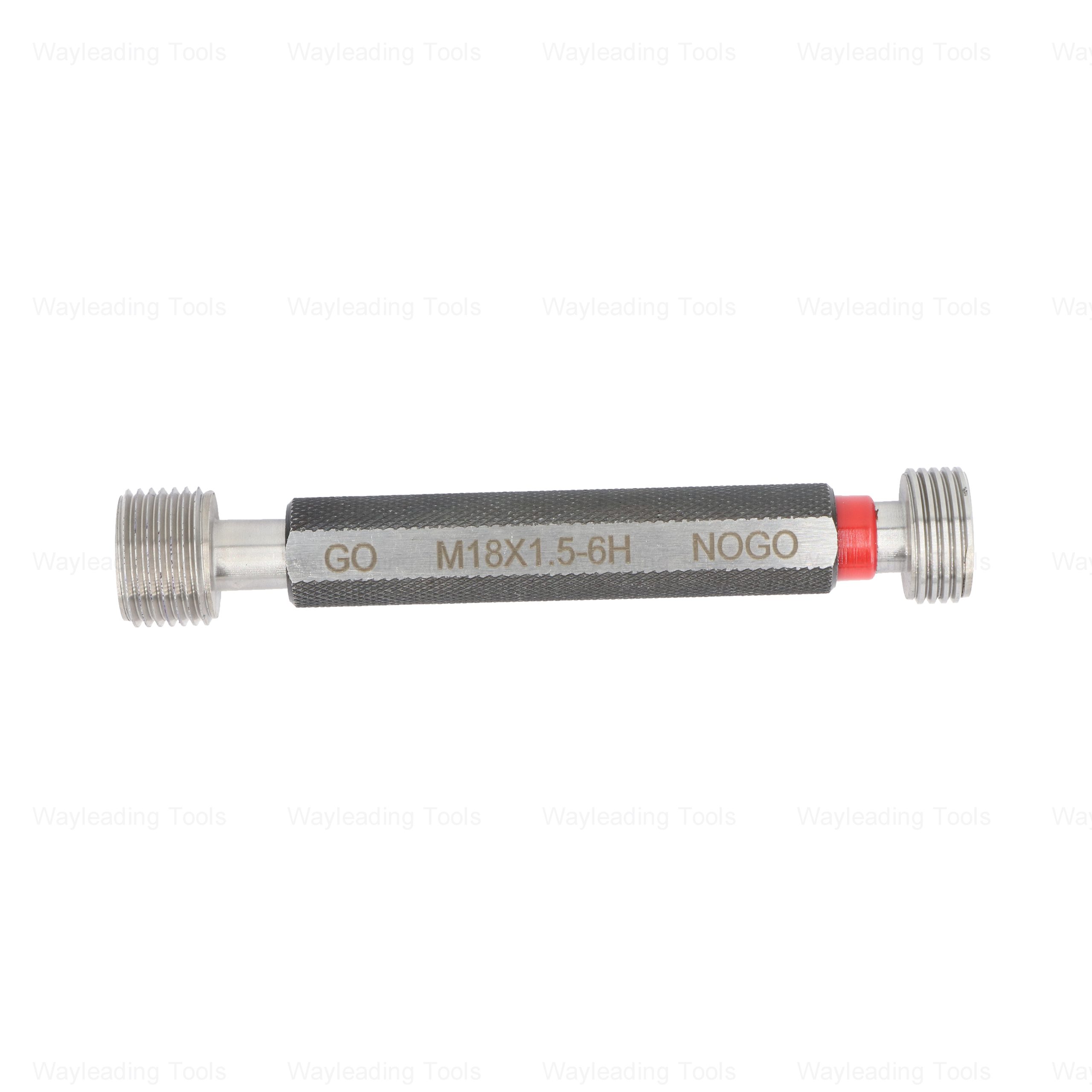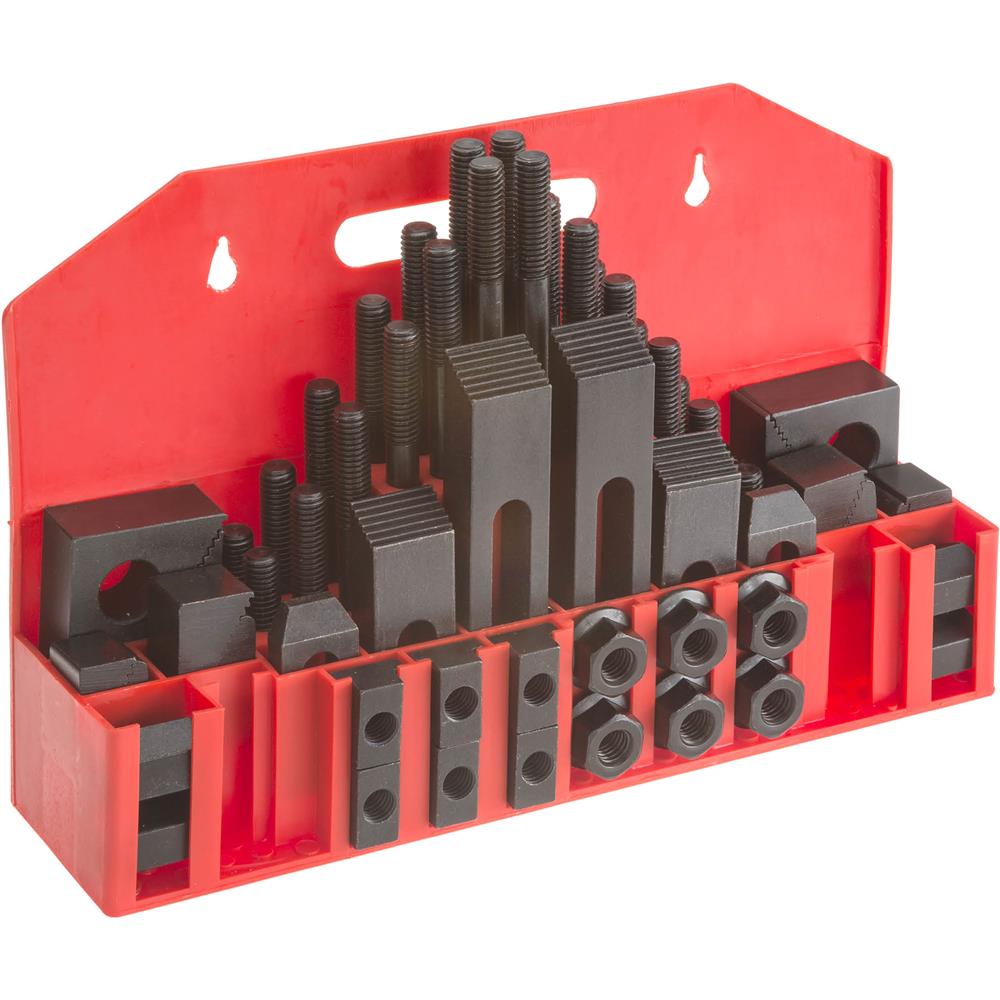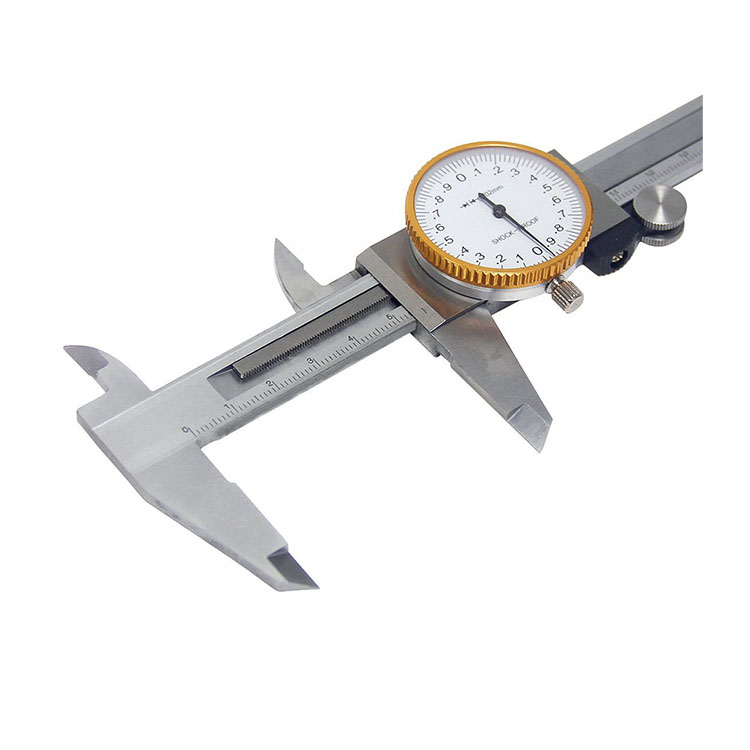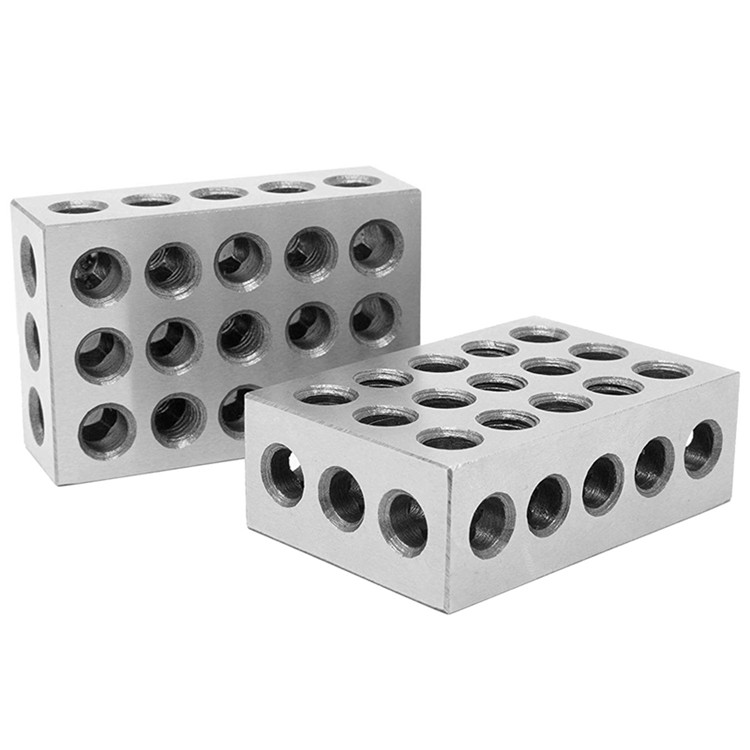Wholesale milling bit
Discover everything you need to know about wholesale milling bit options. This guide explores various types, materials, applications, and selection criteria, providing valuable insights for professionals and businesses sourcing milling bit solutions.
Understanding Milling Bits
A milling bit is a rotary cutting tool used in milling machines or routers to remove material from a workpiece. They are essential for shaping, profiling, and creating intricate designs on various materials.
Types of Milling Bits
Different types of milling bit are designed for specific tasks and materials. Here are some common types:
- End Mills: Versatile bits used for profiling, slotting, and plunging. They come in various flute counts, lengths, and cutting geometries.
- Ball Nose Mills: Used for creating 3D contoured surfaces and finishing intricate details.
- Roughing End Mills: Designed for aggressive material removal.
- Chamfer Mills: Creates chamfered edges.
- Corner Rounding Mills: Creates rounded edges.
- Engraving Bits: For precise engraving and lettering.
Milling Bit Materials
The material of a milling bit significantly impacts its performance and longevity. Common materials include:
- High-Speed Steel (HSS): A general-purpose material suitable for milling softer materials like wood, plastic, and aluminum.
- Cobalt Steel: Offers improved heat resistance compared to HSS, making it suitable for harder materials.
- Carbide: Provides excellent hardness and wear resistance, ideal for machining abrasive materials like steel, titanium, and composites.
- Solid Carbide: Offers the highest rigidity and precision, suitable for demanding applications.
Selecting the Right Wholesale Milling Bit
Choosing the appropriate wholesale milling bit depends on several factors:
Material to be Milled
Consider the hardness, abrasiveness, and machinability of the workpiece material. Carbide bits are generally preferred for harder materials, while HSS bits are suitable for softer materials.
Application
Determine the specific milling operation, such as profiling, slotting, or engraving. Select a milling bit type and geometry optimized for the task.
Machine Type
Ensure the milling bit shank diameter and length are compatible with the milling machine or router.
Cut Quality
Consider the desired surface finish and dimensional accuracy. Bits with more flutes generally produce smoother finishes.
Cost Considerations
Balance performance requirements with budget constraints. Wholesale milling bit suppliers like Wayleading Tools offer a range of options to meet different needs.
Benefits of Buying Wholesale Milling Bits
Purchasing wholesale milling bit offers several advantages:
Cost Savings
Wholesale pricing typically provides significant discounts compared to retail purchases, especially for bulk orders.
Consistent Quality
Reliable wholesale suppliers ensure consistent quality and performance across all milling bit products.
Inventory Management
Wholesale purchasing allows businesses to maintain adequate inventory levels to meet production demands.
Supplier Relationships
Building long-term relationships with wholesale suppliers can lead to preferential pricing and access to new products.
Finding a Reliable Wholesale Milling Bit Supplier
Selecting a reputable wholesale milling bit supplier is crucial for ensuring quality, reliability, and competitive pricing. Consider the following factors:
Product Range
A wide selection of milling bit types, sizes, and materials is essential to meet diverse application needs. Look for suppliers like Wayleading Tools that offer a comprehensive catalog.
Quality Assurance
Inquire about the supplier's quality control processes and certifications. Ensure the milling bit products meet industry standards.
Pricing and Payment Terms
Compare pricing and payment terms from multiple suppliers. Negotiate favorable terms based on order volume and payment history.
Customer Service
Choose a supplier with responsive and knowledgeable customer service representatives who can provide technical support and address inquiries promptly.
Shipping and Delivery
Evaluate the supplier's shipping options and delivery times. Ensure they can reliably deliver milling bit products to your location.
Milling Bit Maintenance and Care
Proper maintenance and care can extend the life of milling bit and ensure optimal performance:
Cleaning
Clean milling bit regularly to remove chips, debris, and coolant residue. Use a soft brush and appropriate cleaning solvents.
Sharpening
Sharpen dull milling bit to restore cutting edges and improve performance. Use specialized sharpening equipment or send them to a professional sharpening service.
Storage
Store milling bit in a clean, dry environment to prevent corrosion and damage. Use protective cases or organizers to separate bits and prevent contact.
Wholesale Milling Bit: Application Examples
Here are some examples showing the application of different milling bit in various industries.
Example 1: Woodworking
A woodworking shop uses a carbide end mill from Wayleading Tools to create intricate patterns on wooden furniture.
Example 2: Metalworking
A metalworking facility uses a cobalt steel end mill to machine aluminum components for aerospace applications.
Example 3: Plastics Manufacturing
A plastics manufacturer uses a HSS end mill to profile plastic parts for automotive interiors.
Conclusion
Selecting the right wholesale milling bit is essential for achieving optimal performance, efficiency, and cost savings in milling operations. By understanding the different types, materials, and applications of milling bit, businesses can make informed decisions and choose the best options for their specific needs. Partnering with a reliable wholesale milling bit supplier like Wayleading Tools can provide access to a wide range of high-quality products and expert support.
Related products
Related products
Best selling products
Best selling products-
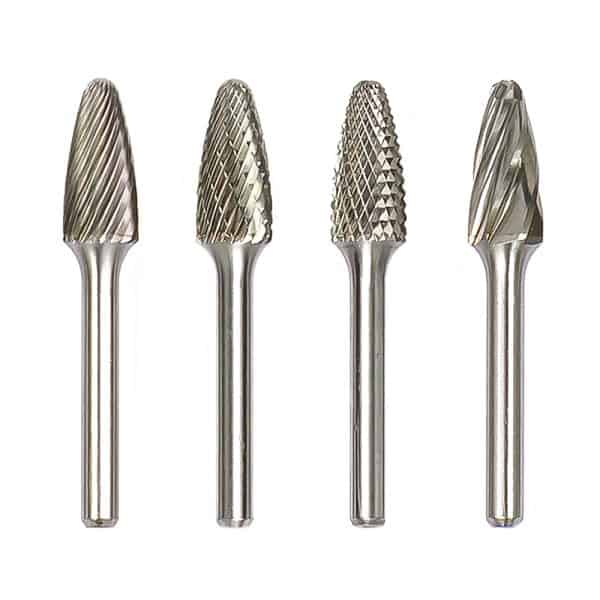 Type F Ball Nose Tree Tungsten Carbide Rotary Burr
Type F Ball Nose Tree Tungsten Carbide Rotary Burr -
 HSS DP Involute Gear Cutters With PA20 And PA14-1/2
HSS DP Involute Gear Cutters With PA20 And PA14-1/2 -
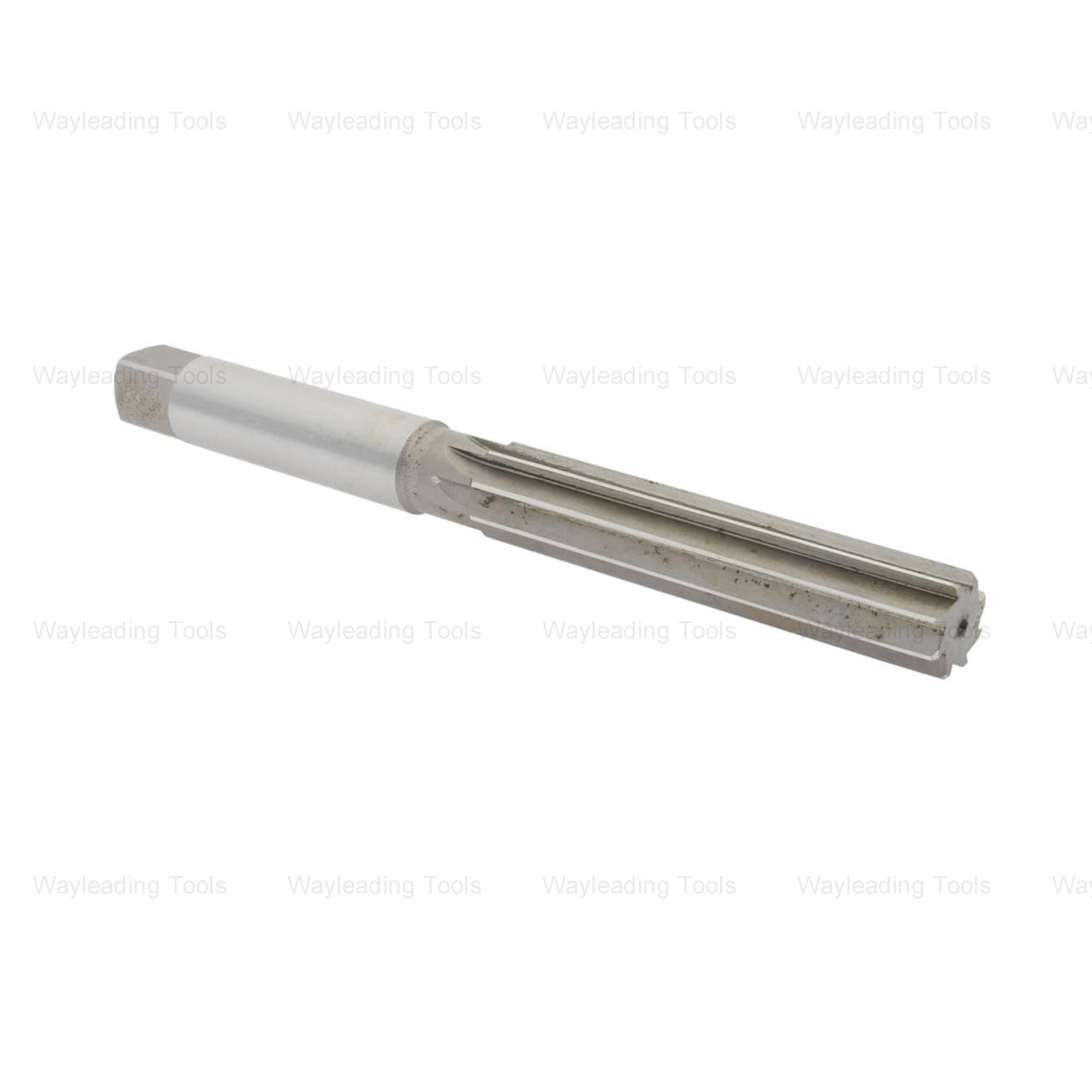 HSS Hand Reamers – Metric & Inch Sizes, Straight or Spiral Flutes
HSS Hand Reamers – Metric & Inch Sizes, Straight or Spiral Flutes -
 Electronic Digital Height Gauge From 300 to 2000mm
Electronic Digital Height Gauge From 300 to 2000mm -
 HSS Metric Square Tool Bit With Industrial Type
HSS Metric Square Tool Bit With Industrial Type -
 9PCS Broken Tap Extractor Set With Storage Box
9PCS Broken Tap Extractor Set With Storage Box -
 High Precision BT-ER Collet Chuck – CNC Tool Holder, Spring Type, ER16–ER40
High Precision BT-ER Collet Chuck – CNC Tool Holder, Spring Type, ER16–ER40 -
 Deburring Tool Blades Using For Deburring
Deburring Tool Blades Using For Deburring -
 APKT Milling Insert For Indexable Milling Cutter
APKT Milling Insert For Indexable Milling Cutter -
 Auto Self Reversible Tapping Chuck In Drill Machine
Auto Self Reversible Tapping Chuck In Drill Machine -
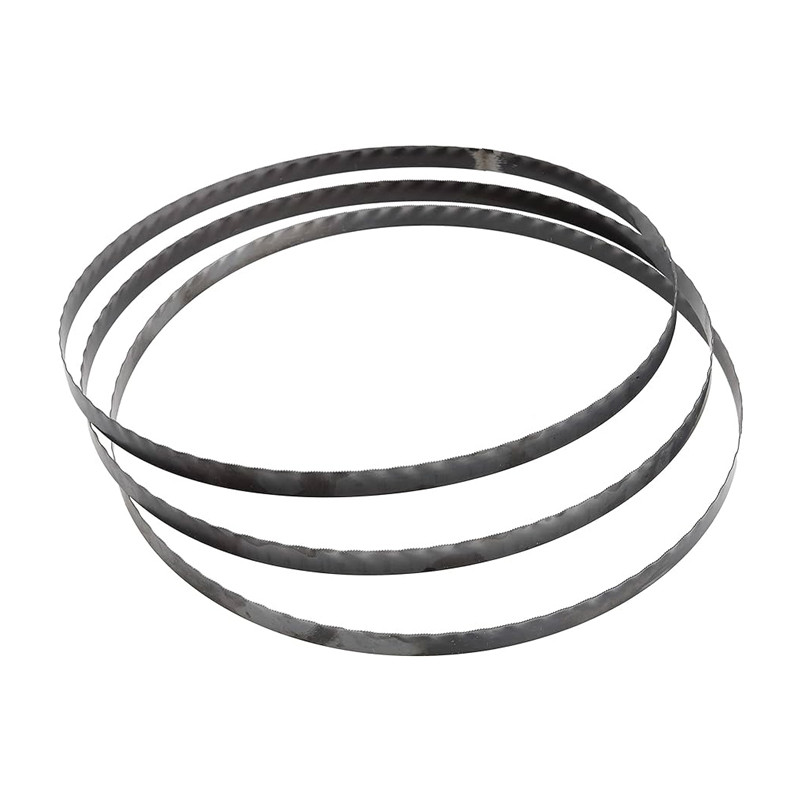 M42 Bi-Metal Bandsaw Blades For Industrial Type
M42 Bi-Metal Bandsaw Blades For Industrial Type -
 F1 Precision Boring Head With Metric & Inch
F1 Precision Boring Head With Metric & Inch

